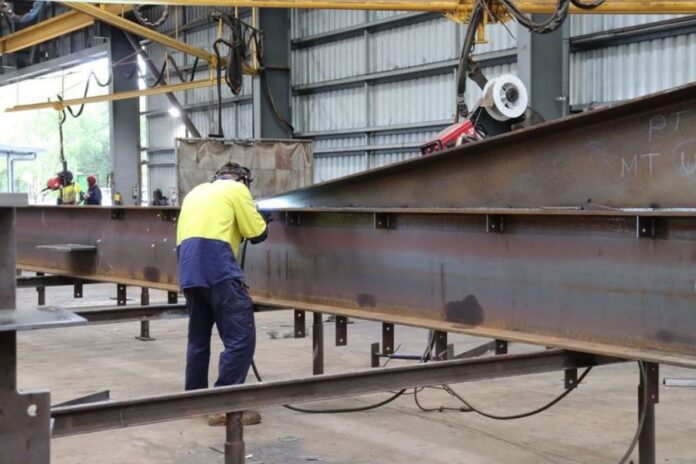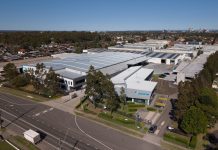
The Australian Steel Institute (ASI), the peak body for the local steel industry, is urgently seeking state and federal government intervention to support local steel fabricators and manufacturers.
This follows a recent survey revealing the domestic market is being seriously undercut by a surge of cheap imported steel, the organisation said in a news release.
An ASI survey conducted in July 2024 found that 86 per cent of local steel fabricators and manufacturers had reduced profit margins due to cheap imported fabricated steel, which is priced between 15 per cent and 50 per cent lower than locally produced steel.
This price disparity suggests that subsidies from the country of origin and/or dumping—selling goods at below market value to gain market share—are major contributors to the problem.
ASI noted that such practices breach international trade rules and place local businesses at a severe disadvantage.
Mark Cain, CEO of ASI, highlighted the detrimental effects on east coast fabrication businesses, particularly those reliant on the portal frame market for structural steel, as well as other steel product manufacturers.
He noted that impacted businesses are reporting a loss of viability due to decreased profit margins, reduced revenue from lower volumes and capacity utilisation, and increased costs.
The survey revealed that nearly half of the respondents are restructuring to remain viable. The brunt of the impact is being borne by small and medium-sized businesses, each employing between 20 and 200 Australians, providing skilled employment in their local regions.
Approximately 80 per cent of surveyed businesses are operating at less than 80 per cent capacity utilisation, a critical benchmark for breakeven profitability in manufacturing.
Alarmingly, the report revealed that one-fifth of businesses reported operating at below 50 per cent of production capacity.
The survey adds to reports received by ASI from its members over the past year, painting a grim picture of businesses laying off long-term, skilled staff due to significantly diminished orders.
“The ASI is engaging with state and federal governments to bring this problem to their attention, explain the damage being done to strategically important local industries, and identify possible actions to provide relief to our members,” Cain said.
A general manager of a long-established NSW steel fabrication business, who participated in the survey, emphasised the disruption caused by the influx of unsustainably priced steel imports.
“We estimate that over the past 18 months, almost $300 million worth of steel has been imported into Sydney alone,” he said. “This money is going offshore, directly affecting the Australian market and local jobs.”
The general manager added, “The downturn in local work impacts not only our business but the entire steel industry. It is disheartening to see the repercussions, especially for our dedicated workshop team.”
Another Sydney steel product manufacturer, who preferred to remain anonymous, called for a more proactive government approach to investigate potential dumping.
He noted that governments need to investigate whether products are being dumped in Australia at greatly reduced prices by countries struggling to find outlets in their own markets due to a downturn in demand.
According to ASI, the outcomes of these investigations are expected to be made public in the coming months.



















